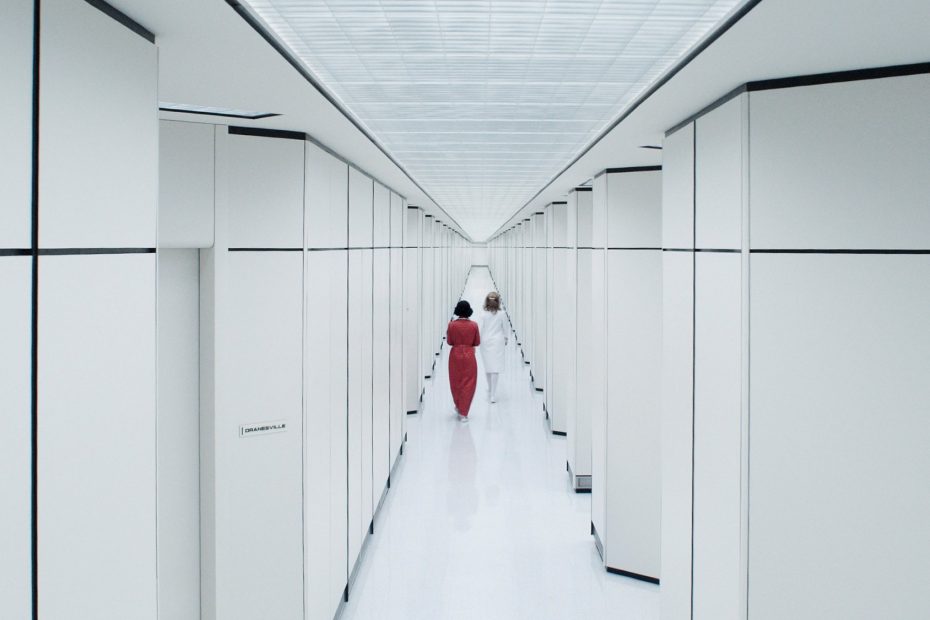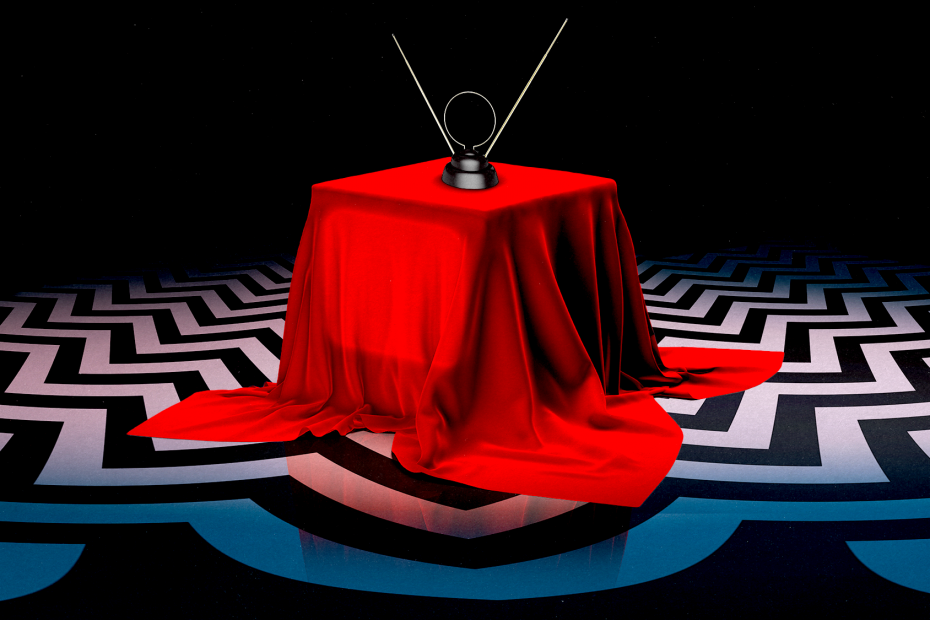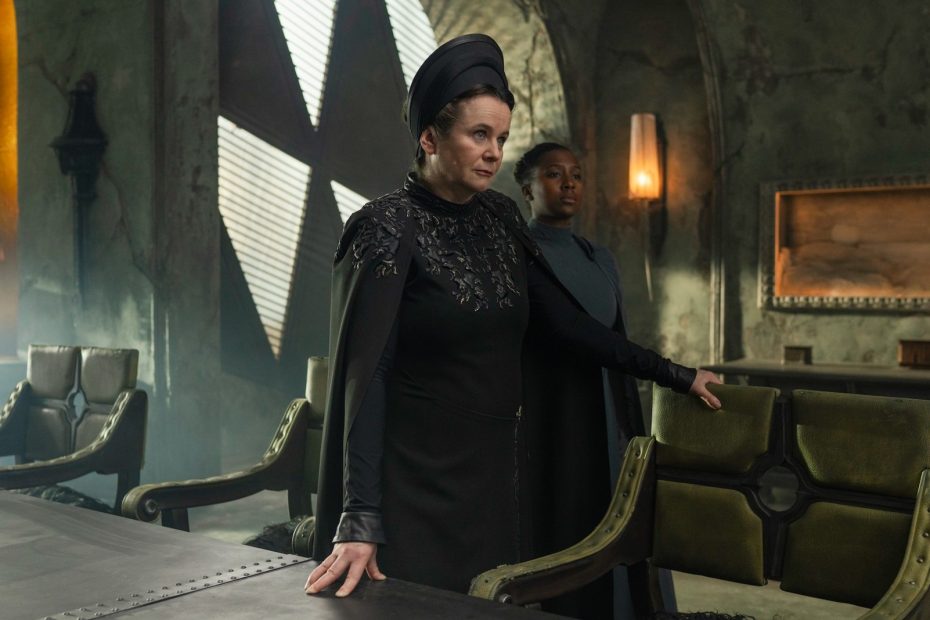An AI That Couldn’t Care Less About Humans
Decades of movies that explore the potential of machine consciousness—Blade Runner; Ex Machina; I, Robot; and many others—have tended to treat the arrival of said consciousness as a matter of course. Theirs are worlds in which society is able to sympathize with, and even socially accept, a true artificial intelligence. Recognizing AI’s presence as inevitable, of course, does not make it less anxiety inducing, either in fiction or in reality.





